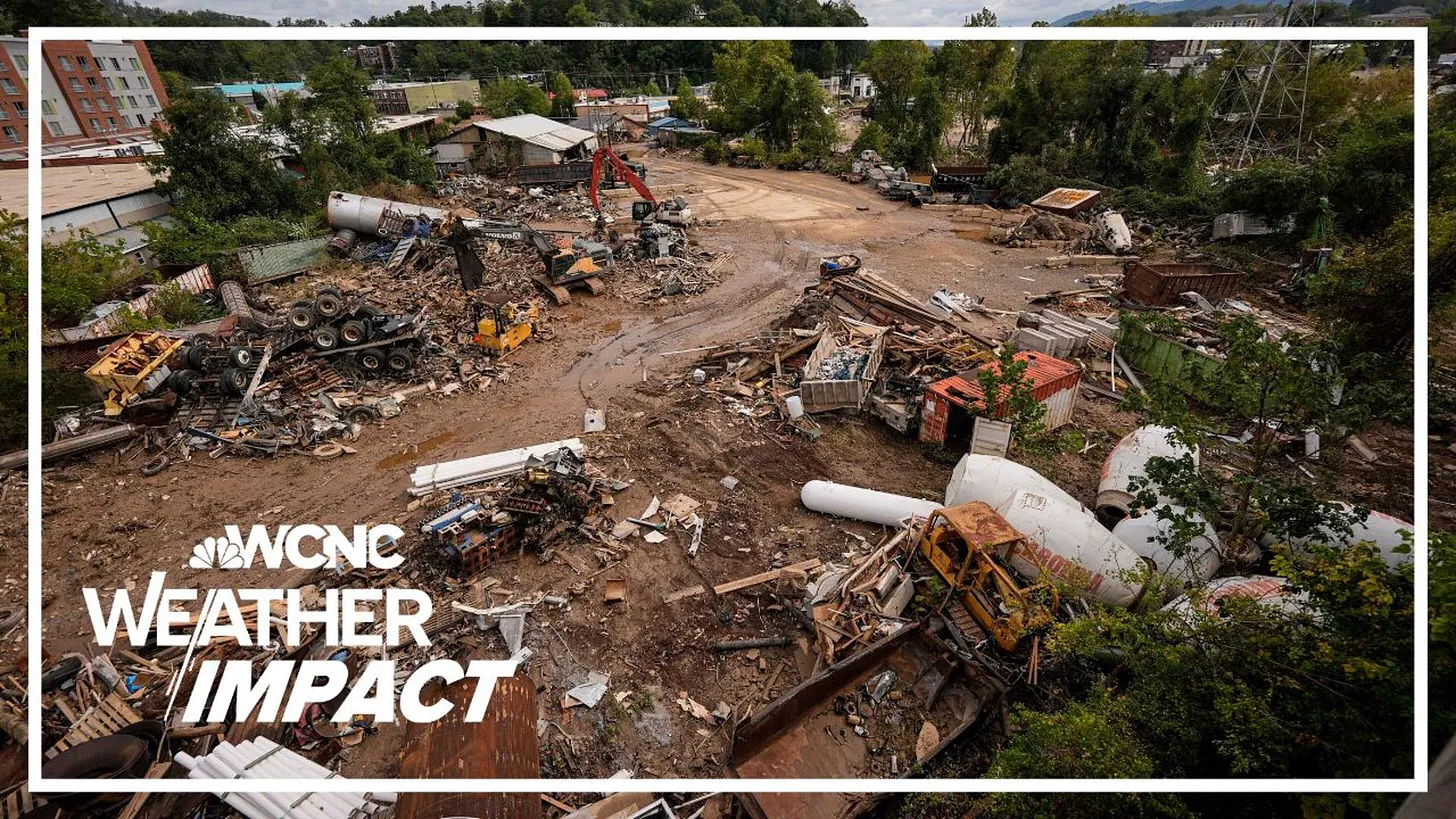by Leo Hohmann, Leo’s Newsletter:
 The vast majority of those most affected will be Republican and independent voters, and now a second hurricane is bearing down on conservative counties in Florida, expected to make landfall Wednesday.
The vast majority of those most affected will be Republican and independent voters, and now a second hurricane is bearing down on conservative counties in Florida, expected to make landfall Wednesday.
Elections officials in North Carolina are now openly warning that voting in some parts of this key battleground state might be impacted due to Hurricane Helene’s devastation. And the impact, according to the numbers, is going to be strongest in overwhelmingly Republican counties where voters are likely going to struggle to get ballots mailed in on time due to their lives being upended by the hurricane.
The Epoch Times reports that during Helene, critical infrastructure in large swaths of western North Carolina and especially parts of the Appalachian Mountain areas were damaged or totally wiped out.
TRUTH LIVES on at https://sgtreport.tv/
Without power, voting machines don’t work.
And the U.S. Postal Service may not be able to pick up or deliver mail from the hardest hit areas where mailing in a ballot might be the only option.
Walking or driving to a polling place on Election Day may also be a no go.
Karen Brinson Bell, the executive director of the North Carolina State Board of Elections, told NPR on Tuesday:
“There may be polling places impacted by mudslides, there may be polling places inaccessible because of damaged roads, and there may be polling places with trees that have fallen on them.”
The Epoch Times reports that according to the North Carolina elections board website, five county boards of elections remained closed as of the end of last week. Those counties include Avery, Buncombe, Mitchell, Watauga, and Yancey. With the exception of Buncome County, home to the liberal mecca of Asheville, these are all overwhelmingly conservative Republican counties.
In Avery, Buncombe, and Watauga counties, elections staff are working or taking calls. The status of Mitchell and Yancey counties is not clear as the elections website lists them as “closed” with no other details.
The North Carolina elections website also includes a breakdown by party among registered voters in the 25 counties designated as disaster zones. Some 480,000 voters are registered as Republican and 292,000 as Democratic.
Another 500,000 are independent voters either not affiliated with either major party or members of small third-parties. This is a group that Trump was expected to do well with in this year’s election. Now, it’s not so certain.
Many would-be Trump voters may not even get registered to vote on time, thanks to the storm having upended their lives.
North Carolina’s voter registration deadline for the election is Oct. 11, or 25 days before the Nov. 5 election.
For mail-in voters, a county board of elections has to receive a completed voter registration application no later than 20 days before the general or primary election, the election board says.
North Carolina is expected to be a key swing state in the 2024 election.
The Cook Political Report has classified North Carolina as a “toss-up” inthe 2024 election between Trump and Kamala Harris. Recent polls in the state have shown the two candidates are running neck-in-neck.
On Tuesday, Brinson Bell, the state election director, described the storm as causing a “daunting” level of uncertainty, with early in-person voting scheduled to start in just over two weeks on Oct. 17.
And this is just one of the swing states likely to be affected by the hurricane.
There are Republican counties in the mountainous upstate South Carolina area facing the same challenges. The same goes for rural areas of Southeast Georgia that have been devastated.
And now we have another hurricane, Hurricane Milton, bearing down on central Florida. Forecasts are calling for Milton to provide the first direct hit on the Tampa area of Florida in over 100 years, then tear a path up through central and parts of northern Florida, an area that is, again, heavily populated with Republican voters.
Read More @ leohohmann.substack.com




